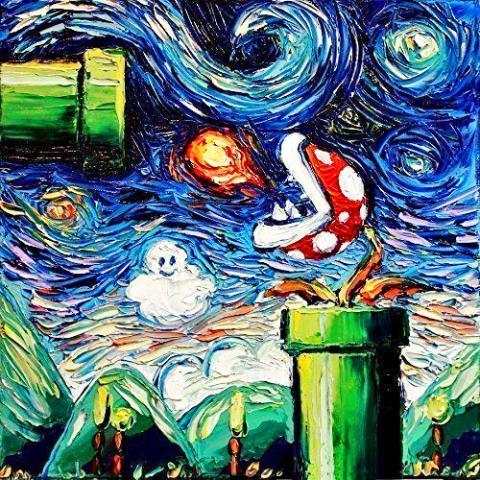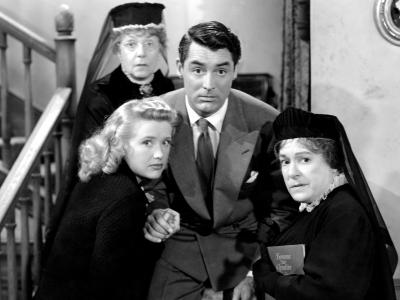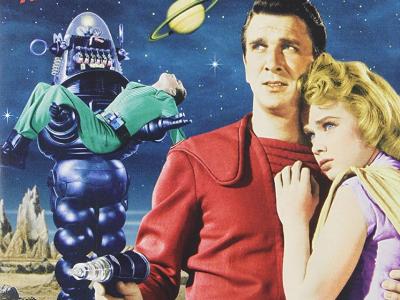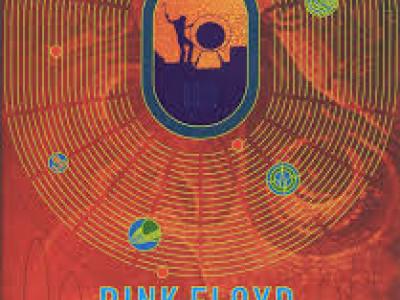Chris Carwithen: The Art of Gaming
FOOLISH RECOMMENDATIONS
June 10, 2020
Chris Carwithen (Administrative & Theatre Assistant, Company of Fools)
Anyone who knows me knows I have a passion for theatre and for acting. What you might not know about me is my pure and unbridled passion for video games.
Games, games, games. A bit of a misnomer these days if you ask me. “Video game” is a name the medium has grown beyond, as they are so much more in terms of the messages and stories they can deliver, as well as the feelings they can evoke. And yet they are still often viewed as a frivolous, unimportant sort of secondary entertainment. A child’s play thing.
And while some can indeed be childish and frivolous (and still infinitely enjoyable), many of these “games” contain no fewer artistic qualities than many of the plays you’ve seen or read. In fact, I’d argue that the Aristotelian elements of plot, character, thought, diction, music, and spectacle apply here as much as in any play or film.
Whether you’re a life-long gamer like myself, or you don’t know your Mario’s from your Luigi’s, I’ve included a list of games I applaud for their success in proving that video games are truly works of art.
Shadow of the Colossus (2005, PS4)
Shadow of the Colossus is one of those games that you know is going to be special from the first frame. A seemingly simple story about being tasked with roaming the lands and destroying 16 colossi to save the girl you love, from it’s solemn tone, to it’s perfectly pitched orchestral melodies, to it’s epic, beautiful, minimalist world, Shadow’s presentation is unlike nearly any other game.
At the center of what makes this tale so unique is it’s feeling of loneliness. With very few interactions throughout the game, the themes of loneliness, self-reliance, and determination color the story. While certainly an adventure game through and through, each exciting moment is often beautifully tempered with melancholy, and even the successful act of destroying the colossal beasts roaming the land brings with it an overwhelming sense of bittersweet remorse.
Journey (2012, PS4)
Much like Shadow of the Colossus, Journey is the story of wandering alone amidst a great vastness; the player’s simple, unspoken goal being to reach a mountain in the distance.
Unlike Shadow of the Colossus however, Journey’s emotional core is based in the potential friendships forged through chance meetings with other players in the real world. Along this journey through an abandoned civilization, the player is often presented with chance encounters with other people committed to the same goal of reaching the mountain. These encounters can be brief, but more often than not these meetings are lasting bonds which provide players with all manner of support through the game.
I can still recall my final moments playing through this game. Alone and on the brink of death I came across a traveler much like myself, struggling against frostbite to mount the final summit of the mountain. Unable to speak to each other, we quickly found that if we stayed with one another for warmth we could survive our journey together. I was likely sitting hundreds if not thousands of miles apart from this stranger, my journeying companion. And yet in these moments we cared for each other. I cared about them, and they cared about me, and we learned how to silently communicate how best to survive this journey together. I formed a strong, emotional connection with another real human through my TV screen. If this ability to bring people together and change them for the better isn’t what art is all about, then I don’t know what is.
BioShock Infinite (2015, Xbox One, Switch, PS4)
BioShock Infinite does what any great piece of art does: holds a mirror up to our society to show us who we are, and occasionally provides insight on how we can change. Unlike it’s two strictly Horror-centric predecessors, BioShock infinite is a First Person Shooter spectacle about a man recruited to save woman from racist elitists aboard a floating city reminiscent of The World’s Columbian Exposition in 1893 in Chicago. Yeah, you’ll just have to play it.
The entire game is essentially designed as a funhouse reflection of our world and our history, taking on themes of racial inequality, social disparity, nationalism, and religious fanaticism. Pair that with fast paced action and some riveting revelations about parallel universes and you’ve got a brain-melter of story worthy of being experienced firsthand through the power of gaming.
Hellblade: Senua’s Sacrifice (2017, Xbox One, Switch, PS4)
A mashup of a few different genres, Hellblade could be billed as a psychological horror adventure. Yep. Psychological horror adventure. Sounds weird, I know. And IT IS. But it’s also absolutely beautiful and haunting in it’s depiction of human psychosis.
Inspired by Norse culture and mythology, the story follows a young female warrior, plagued with the death of her lover. Her journey to rescue her love from death itself is a nightmare of sadness and rage, and the pain she endures is slowly and ultimately revealed to be a metaphor for the psychological torment inflicted through the horror of loss. The development team at Ninja Theory met exhaustively with neuroscientists and patients of psychosis to properly represent the condition, and the results are truly mind-blowing.
Terrifying, disorienting, confusing, and even beautiful, the developers manage to harness the power of gaming to immerse you in the mind of someone with a terrible affliction in an incredibly unique and very real way, helping you to contemplate a small piece of the nature of mental illness.
Final Fantasy (1985 – 2020, PS4, Switch, Xbox One)
To date there are 15 mainline Final Fantasy games. Some better than others. But pick one. Close your eyes and randomly pick any one of them and you’ll find elaborate, engaging, and infinitely creative plots designed to provoke thoughts on how we see the nature of good and evil.
Set in the style of turn-based role playing games, Final Fantasy is brimming with colorful and often over-the-top characters and dialogue, and always set against the backdrop of oncoming war. The best entries in the series revolve around themes of love, appreciation and conservation of the natural world, as well as topics revolving around rebellion in the face of tyrannical government.
From a theatre standpoint, I love that Final Fantasy (in most cases) gives it’s cast of characters real personalities (even if they are sometimes a bit one-note) and they actually allow them to grow throughout their stories, allowing us the potential to change along with them if we allow ourselves to be swept away. If you’re looking for great plot and fun characters, look no further.
The Legend of Zelda (1985 to 2020, Nintendo consoles)
There was no way I was gonna leave my favorite game series out of all this. If you’ve even heard of video games, you’ve heard of The Legend of Zelda. Much like Final Fantasy, there are a zillion of them, and almost all of them are top notch.
To be honest I’m finding it incredibly difficult to articulate exactly what it is about these games I find so artistic, because I find nearly EVERYTHING in them to be artistic. I suppose there’s something to be said for it’s ability to simply capture the imagination of a child and hold on until he’s a man in his mid thirties. There’s some kind of potent, unnamable power in that.
What I will mention is one of my favorite design aspects of the game. Designers have made the artistic choice to allow the game’s protagonist, Link, to remain absolutely silent throughout every game, allowing the player to essentially project themselves onto the character. This lovely, subtle vehicle for immersion allows the player to experience the world more fully, not as an audience member, passively taking note, but instead living every moment in the life of a pointy eared elf wielding a powerful sword and striking down oktoroks and bokoblins in search of a magical princess. Let’s see you do that, books.

If you’re looking for your art fix in video games I promise that any of these on this short list will scratch that itch. But I could name more. Oh boy could I. So, so, so, so many more. But I’ll spare you. For now.
Gaming has the power to alter the way we view stories across all mediums, proving that emotions, discovery, friendship, and change can be achieved with something as simple as the press of a button.












